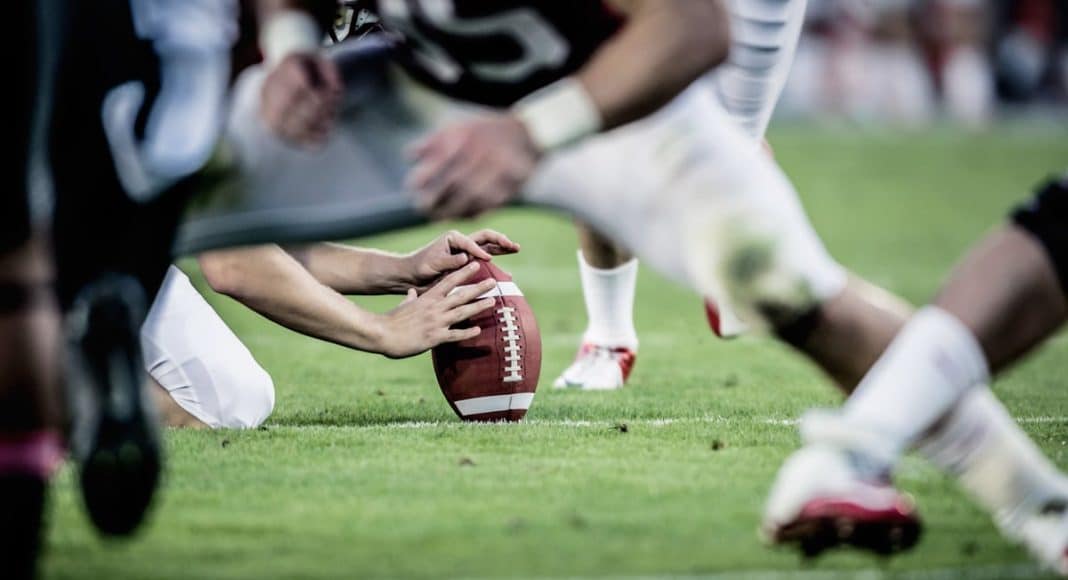Over half the nation has legalized marijuana for medicinal use — some legal states are even home to NFL teams — yet professional football players are still prohibited from using the herb for various health issues, including chronic pain. It is for this reason that the NFL Players Association (NFLPA) believes the league should start being more lenient with respect to the use of marijuana, in such a way that allows players to use it as an alternative to prescription painkillers without risking any disciplinary action.
-
Related Story: NFL’s Marijuana Policy May Change Sooner Rather Than Later
NFLPA president Eric Winston recently told NBC Sports that he believes the time has come to loosen the restrictions on the use of marijuana in the NFL. He said mostly the league’s current policy does not keep players off pot – it only gives them an opportunity to clean up before officials bring down the hammer in the form of suspensions.
“What will we ever give up for marijuana?” Winston said. “We get tested once per year, 99 percent of them know it’s coming.”
Last month, the NFLPA said it was going to submit a proposal to the union board of player representatives, begging for a “less punitive” approach to the use of marijuana. The announcement came just months after the organization revealed it wanted to actively research the cannabis plant to determine its efficacy as an alternative to opioids.
“We are actively looking at the issue of pain management of our players. And studying marijuana as a substance under that context is the direction we are focused on,” George Atallah, NFLPA assistant executive director of external affairs, told the Washington Post.
On Wednesday, NFLPA executive director DeMaurice Smith told USA Today Sports that he would like to see the NFL to approach the marijuana issue as a question of player health and safety.
“I think that there is a better way to evaluate players who test positive for marijuana,” Smith said, “to figure out whether or not they have just a recreational use issue, whether they have an addiction problem, but equally important, whether or not they’re using marijuana as a result of some other issue that we’re not even looking for – whether there is a depression issue, whether there is an anxiety issue. And currently, the way the system works, that evaluation, that therapeutic look at the player isn’t occurring.
“I believe if the players vote on it, it will be a policy that is in the best health and safety interest of the players, and we will treat it the same way that we treated changes in the collective bargaining agreement to make concussion protocols safer, practice on field safer, ways to ensure that players are treated the right way for injuries, and that’s our obligation as a union,” he added.
Later this month, the NFLPA will attempt to get a proposal in front of the league aimed at changing the rules with respect to marijuana. If the NFLPA can show evidence of the herb being an effective pain management tool, the NFL may have no other option but to embrace it for medicinal purposes.
“At the end of the day the owners have to decide what they want to do,” Winston said. “Do they want to make the game healthier for the players or not?”
Last year, an ESPN poll found that 71 percent of the players in the NFL believe marijuana should be made legal all across the nation. The survey also discovered that around 46 percent of the league’s players are likely using dangerous prescription narcotics on a daily basis.


